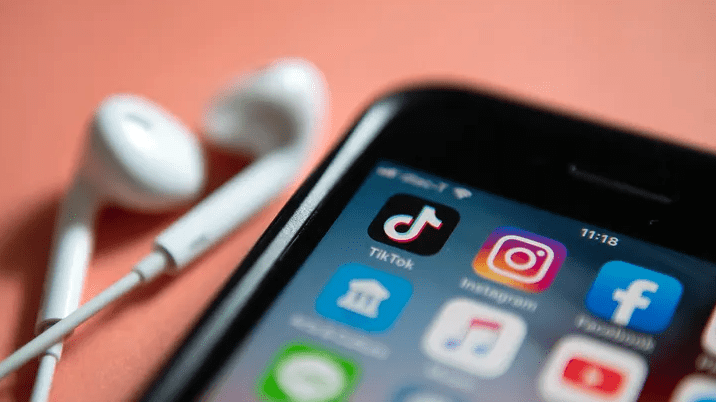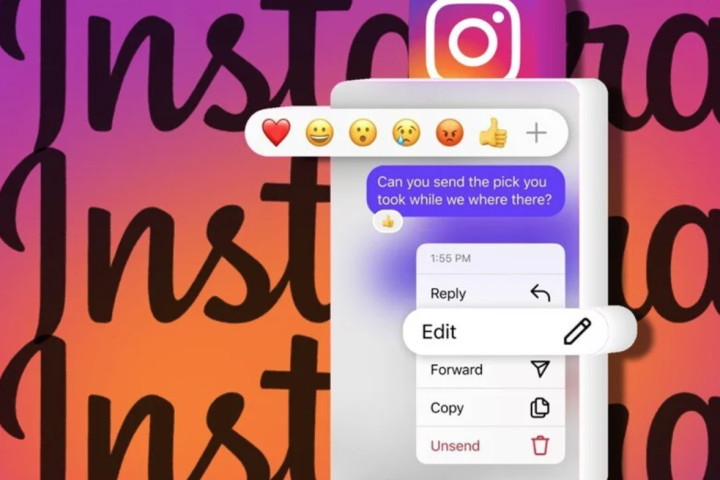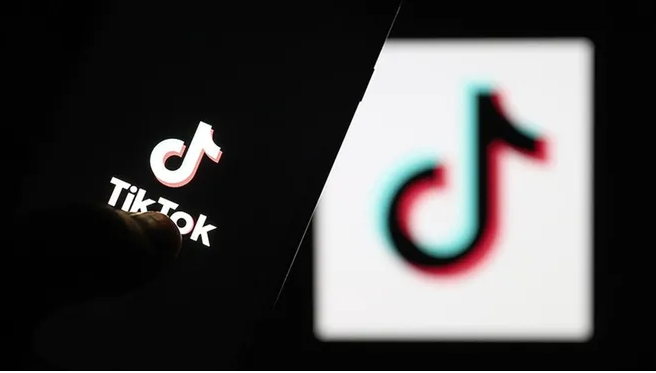The tech industry is baffled by the rapid rise of TikTok. The secret to the Chinese video-sharing service becoming the most popular app in the Western world and threatening to displace Facebook is still being debated.
The success is attributed to features such as easy-to-use video production tools and an extensive music library. TikTok also blurs the distinction between creator and consumer like never before. But its most powerful feature is its algorithms that organize users’ home page.
Even if TikTok users don’t follow any accounts, they are faced with an endless stream of videos on their screens. This gives the app an important opportunity to stay ahead of competitors.
“Even the algorithm team doesn’t know the answer to this question”
Using Facebook or Twitter accounts without friends or followers can be boring for many users. However, TikTok provides a dynamic environment for users from day one.
However, the role of algorithms is not limited to this. As users start watching and liking videos, the structure of the content on the screen also changes. The platform is very good at predicting which videos will attract which users.
In a statement released by the company in 2020, the following statements were made about how these algorithms work:
Recommendations are based on many factors, such as the videos you like or share, the accounts you follow, your comments, and the content you produce.
On the other hand, TikTok Boom: China’s Dynamite App and the Superpower Race for Social Media, Chris Stokel-Walker emphasizes that the exact factors behind these algorithms are unknown.
Speaking to The Guardian, Stokel-Walker says in my book that he spoke to a person tasked with keeping track of what goes viral on TikTok:
‘There is no recipe, no magic formula. Even the algorithm team doesn’t know the answer to this question. It’s very sophisticated,’ he said.
These algorithms also mean that every user has a chance of global fame. A video shared from an account with no followers can quickly reach thousands or even millions of viewers when it hits the screens of other users and gets likes.
The videos are short and end quickly, which allows TikTok to quickly improve its data. “Think about how many videos you watch in an hour on YouTube and the data that is generated about you,” says Stokel-Walker:
Now think about how many videos you can watch on TikTok. The company has even sent messages to users it thinks are too addicted, telling them to turn off the phone.
Facebook and YouTube copy Tiktok’s features
Launched in September 2016 by Chinese tech giant ByteDance, TikTok surpassed YouTube in average time spent on the app per user in September 2021. It has been the leader ever since.
Western social media giants are trying to compete by copying TikTok’s features.
For example, YouTube launched the YouTube Shorts category to enable short and amateur video sharing, while Instagram and Facebook have updated their algorithms so that users who do not follow each other can end up on each other’s home page.
On the other hand, this change on Instagram is drawing reactions from users. Instagram, which received criticism from many users, including famous names such as Kim Kardashian and Kyle Jenner, recently stepped back from these features.
Jenner said, “Don’t try to be TikTok, I just want to see beautiful photos of my friends,” and many users agreed with him.
“China spies on US citizens”
While the app has spread like wildfire among social media users, US politicians argue that China is using TikTok to promote its own propaganda.
US author Gordon Chang said, “TikTok promotes drug use here. It promotes whatever Beijing wants Americans to believe. In China, the situation is very different.”
Chang, the author of The Coming Collapse of China, claimed that China would collapse in 2011.
“We believe that China is secretly and illegally using TikTok to obtain information about Americans,” he told Fox News.
China uses a version of TikTok called “Douyin”. In August, 30 Chinese tech giants, including ByteDance and Douyin, were forced to open their algorithms to the Cyberspace Administration of China.
This is because Chinese law requires algorithm data to be shared with the government.
Chuck Flint, chief of staff to US Senator Marsha Blackburn, claims TikTok algorithms are being used for “very nefarious purposes”:
Douyin is sharing algorithm data. So we think TikTok probably does too.
TikTok representatives deny these allegations and say the app is not used to spy on US citizens.
The sources used in creating the news: The Guardian, Fox News, BBC




